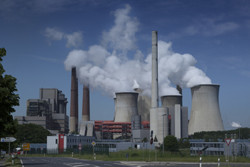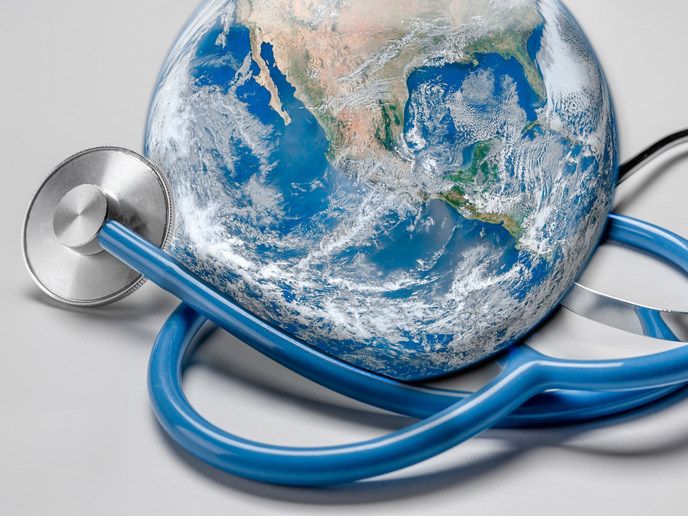User-friendly accurate carbon data
Increasing concentrations of greenhouse gases, primarily caused by human activity drives global climate change. Conventional carbon inventories are inadequate to capture rapid fluctuations, they do not cover most ecosystems, and they demonstrate significant sampling and measurement bias. Scientists initiated the EU-funded project '30-year re-analysis of carbon fluxes and pools over Europe and the globe' (CARBONES)(opens in new window) to provide the first consistent and high-resolution history of the global carbon cycle both in terms of time (every three hours) and space (one degree resolution). They reanalysed the previous 20-year span for variations in global carbon fluxes and carbon pools using observations of both terrestrial and oceanic carbon cycles. Sources included surface-atmosphere carbon dioxide (CO2) fluxes (net and gross fluxes), leaf area and biomass stocks in various categories of land ecosystems. The project highlights the benefits of combined oceanic, terrestrial and atmospheric data compared to atmospheric CO2 data alone. It also acknowledges the challenges of assimilating all the data sources and provides a stepwise approach to avoid difficulties. Dissemination was critical to project success. The main venue is the project website which included numerous user-friendly tools and functionalities. One can visualise maps and time series, download data and export graphs to GoogleEarth. The website also contains a presentation portfolio, a leaflet for the general public and an executive summary for policymakers. CARBONES data and analyses will enable an independent check of information for climate modellers and for the United Nations Framework Convention on Climate Change. Tools are expected to evolve into a carbon cycle and flux downstream service for the Earth observation programme Copernicus (formerly GMES). Project outcomes provide a well-founded baseline for predicting future responses of the carbon cycle to global climate change. Taken together, CARBONES outcomes form a critical pillar with which to support efforts to mitigate global climate change.







